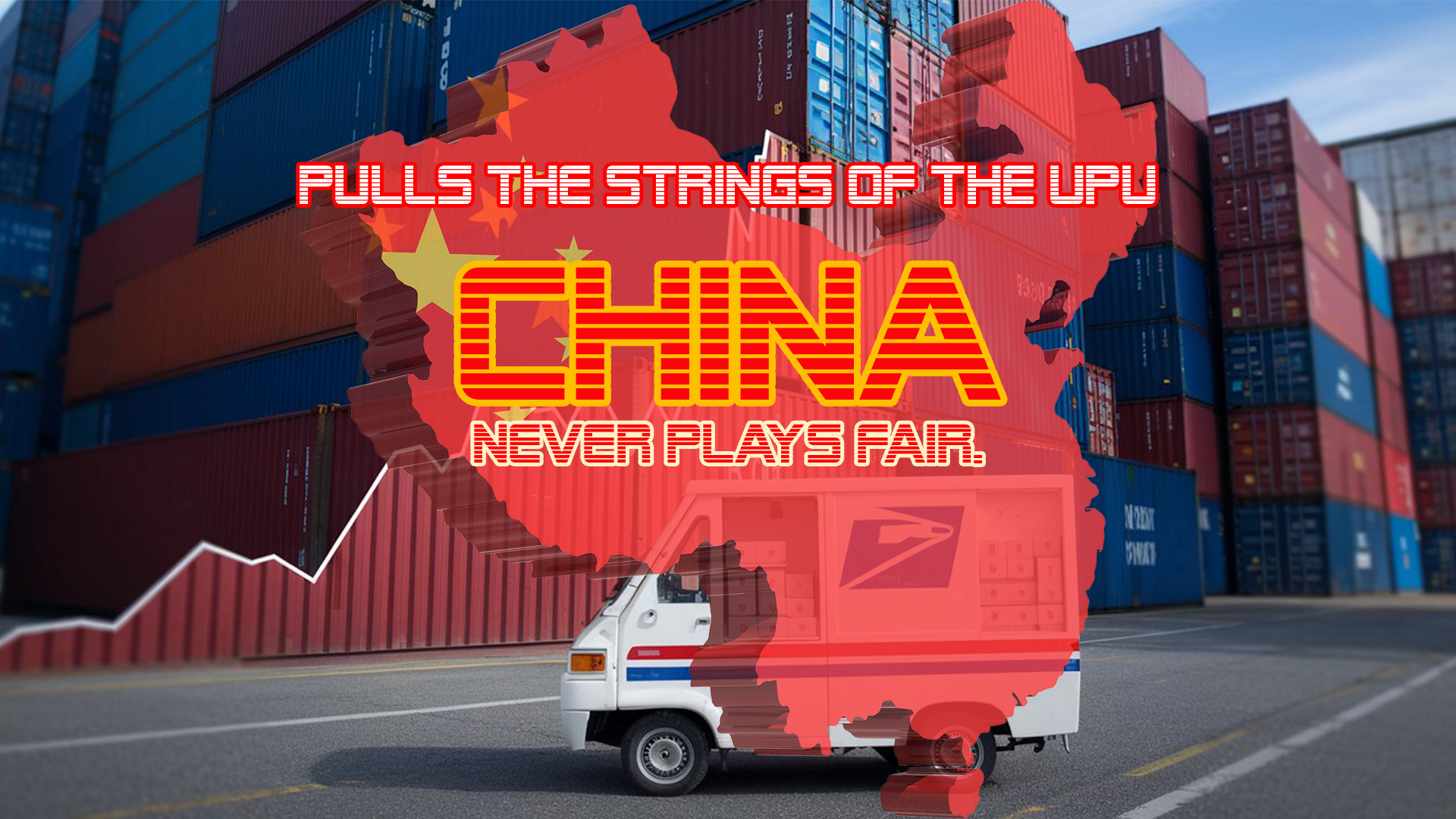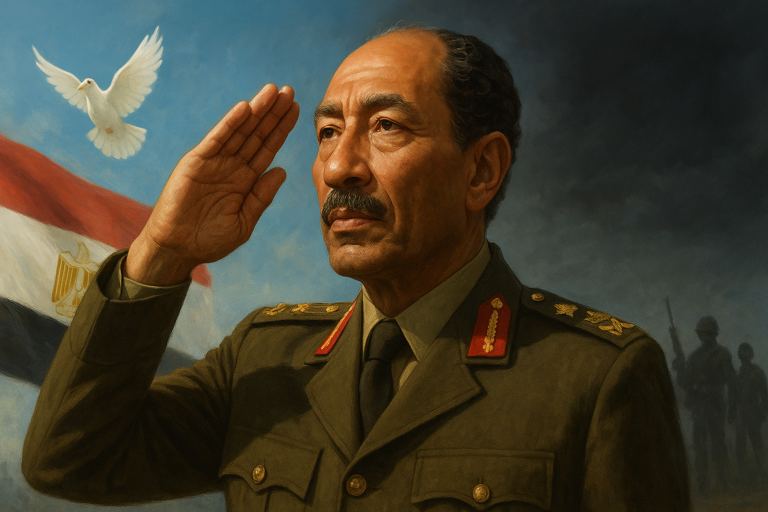
China's Dual Identity: Economic Powerhouse or Developing Nation?
Why the UPU Treats China as a Developing Country
The Universal Postal Union (UPU), a specialized agency of the United Nations, classifies countries into various categories, including developing and developed nations. Despite being the world’s second-largest economy, China remains a developing country within the UPU framework. This classification has significant implications for global trade and postal services.
Historical Context
China’s designation as a developing country dates back to its accession to the World Trade Organization (WTO) in 2001. During negotiations, China insisted on this status to secure favorable terms allowing it to integrate into the global economy while protecting its nascent industries. This historical context is crucial as it highlights the strategic advantages China sought and continues to leverage.
Economic Disparities
While China’s economic indicators suggest a developed status—boasting a GDP of over $17 trillion and being the largest exporter globally—its classification as a developing country allows it to benefit from lower postal rates and other preferential treatments. This disparity raises questions about fairness in international trade, especially for countries that do not enjoy similar privileges despite having comparable or lesser economic metrics.
The UPU’s Role
The UPU’s classification system was established in the 1960s, primarily to support countries with less developed postal infrastructures. As a result, many manufacturing-heavy countries, including China, were included in this category. The UPU’s continued adherence to this classification reflects a reluctance to adapt to the changing global economic landscape, where countries like China have transitioned from developing to upper-middle-income status.
Implications for Global Trade
China’s status as a developing country within the UPU allows it to maintain competitive advantages over developed nations. For instance, lower postal rates enable Chinese manufacturers to ship goods at reduced costs, impacting global pricing structures and market dynamics. This situation has led to calls for reform within the UPU to reassess the criteria for classification, ensuring that they reflect current economic realities.
The UPU’s treatment of China as a developing country is a complex issue rooted in historical negotiations and economic realities. As the global economy evolves, international organizations must revisit their classifications to ensure fairness and competitiveness in global trade. The ongoing debate surrounding China’s status highlights the need for a more nuanced understanding of development in the 21st century.





